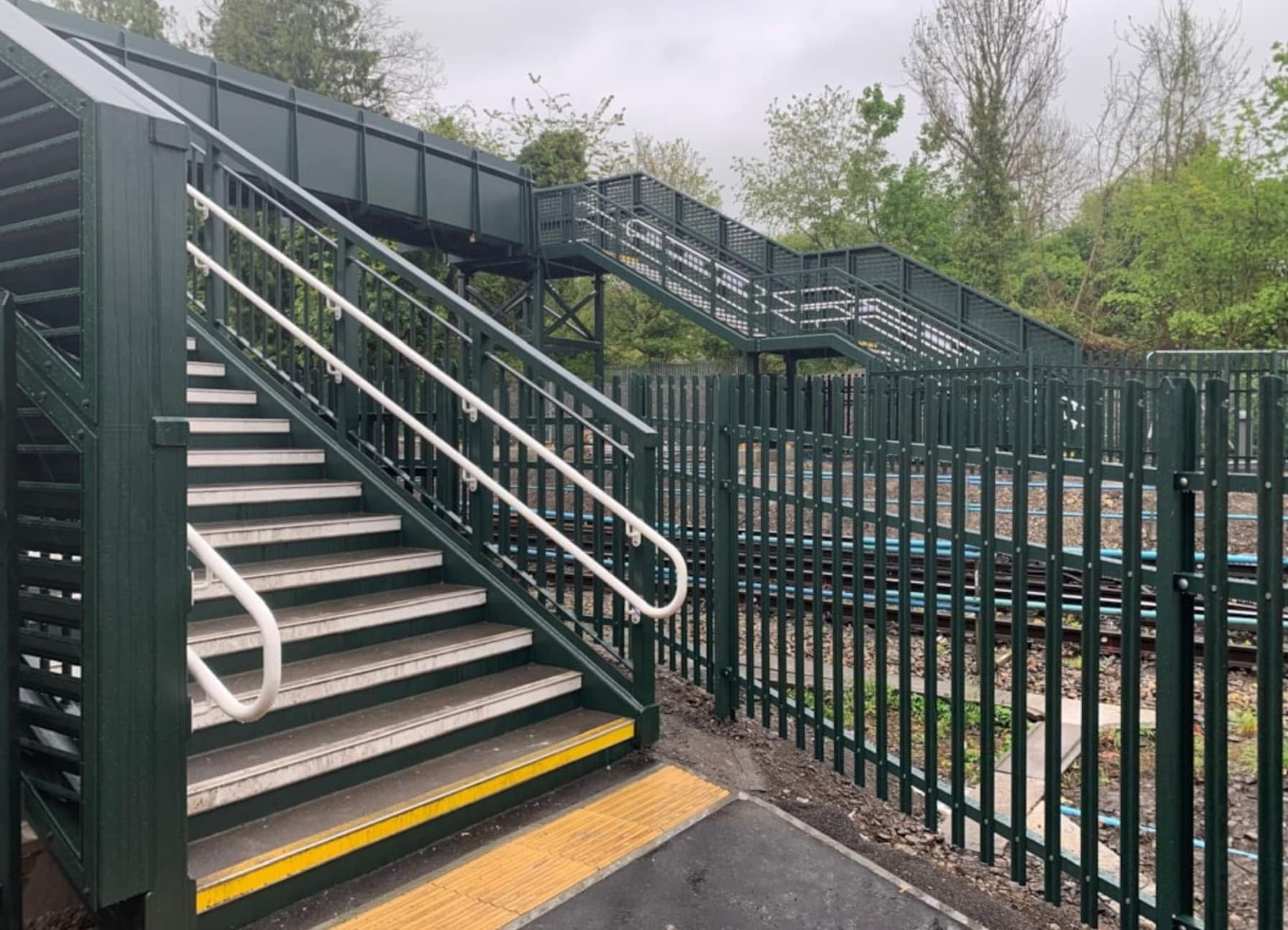Click here to listen to the latest rail news on Wednesday, 3rd April 2024.
InTheNews: The latest rail news on Wednesday, 3rd April 2024
Today is the start of Network Rail’s Control Period 7 (CP7).
As per its agreement with the rail industry regulator, the Office of Rail & Road, Network Rail will spend £45.4bn on Britain’s rail network over the next five years.
An article on the Construction Index website says over the course of CP7 Network Rail will spend: £19.3bn on renewals; £12.6bn on maintenance; £5.3bn on support functions (safety & standards, timetabling, IT, HR); and £4.4bn on operations (signalling, stations, network controls).
The remaining £1.8bn is a contingency fund to cope with unforeseen events.
In real terms (at 2023/24 prices), the CP7 plan for England, Wales and Scotland amounts to £42.8bn compared to £43bn in CP6.
A major port has recorded a sharp increase in customers moving imported freight by train rather than by lorry.
An article on the BBC website says DP World Southampton introduced incentives to use rail in September, paying £70 per shipping container and then £100 from January.
The firm said rail’s share had risen from 21 per cent of containers in early 2023 to 35 per cent in March 2024.
Director John Trenchard said the switch had avoided 13,500 lorry journeys in six months.
British Steel has won a multi-million pound contract to supply rail for a landmark new route in North Africa.
An article on The Business Desk says in total, 9,500 tonnes of track, produced in Scunthorpe, will be delivered for Egypt’s Green Line railway – the country’s first fully electrified mainline and freight network which stretches from the Red Sea to the Mediterranean.
The network is 660km long and will carry trains – for both passengers and goods – up to a maximum speed of 155 mph with British Steel among a number of key suppliers providing rail to the project.
A bird trespassing on train tracks at Brighton station caused an hour and a half of rush-hour disruption on Tuesday.
An article on The Standard website says ThamesLink was forced to close three platforms for about half an hour from 7pm while power was switched off and the herring gull was removed.
The species has been on the Birds of Conservation Concern’s (BCC) red list since 2009 because of ongoing population decline.

